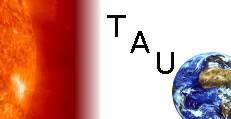Talks for General Audiences
I am now taking bookings for "in person" talks as well as "virtual" talks by Zoom or Webex (making them globally available).
An advantage of a virtual talk to the hosting organisation is that I will not have any travel or accommodation expenses to be met. My fee for Zoom talk starts at £40 (The Right Light at Night is exempt).
Please use the booking form at the bottom of the page.
I offer astronomical observing sessions and a wide variety of illustrated talks on astronomical subjects. These have been warmly received by groups as diverse as the Women's Institute, the Rotary Club, Country Fairs, Camping Clubs and Private Parties. If there is an astronomical topic you would like that is not listed below, please do ask if I am able to do it.
Duration: Talks typically last for about an hour, which includes about 15 minutes for questions/discussion, but this can be varied to meet your requirements.
Fee: My fee will depend upon the size and type of audience, and will include the actual cost of travel and, where appropriate, overnight accomodation.
Queries: Please
to email me using your default email client.
Booking: Please use the form at the bottom of this page.
My most popular sessions for general audiences are:
Observing Sessions
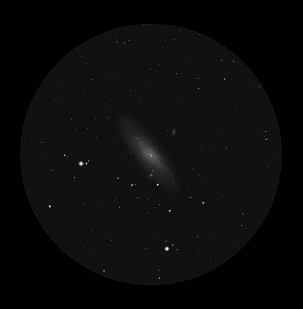
Guided observation of the night sky with telescopes and binoculars. I will teach you the basics of navigating around the sky by identifying star patterns (including finding north) and star-hopping to find some deep sky objects (galaxies, star clusters, nebulae, etc.).
If the weather is unsuitable for observing, the fallback will be either a slide-show or some indoor astronomical activities.
I can (and often do) combine observing sessions with some story-telling — feel free to mix-and-match sessions to suit your requirements.
*NEW*
The Right Light at Night
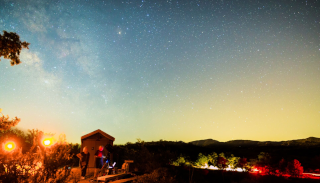
Light Pollution was first identified as a problem by astronomers, but its consequences reach far wider. It is now widely recognised that artificial light at night, especially bright white light, can have profoundly negative effects on human health, and this is just the tip of an iceberg of harm. The effects on wildlife have been devastating, leading directly to the death of millions of birds each year and being the major driver of the insect apocalypse (studies suggest that 40% of insects will be extinct within the next few decades).
The solutions are at hand, are simple to implement, will have a net saving (of money, energy use and carbon emissions) and will not compromise security or our ability to safely work, travel and play at night. We need to act now before it is too late.
There is no fee for this talk
Pseudoastronomy: (Complementary and Alternative Astronomy)
Pseudoastronomy 1: Planet X, Zetans, and Lost Civilisations
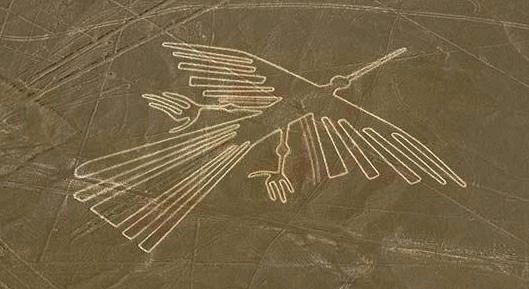
Did the ancient Sumerians describe a planet that will destroy Earth? Can astronomy be used to explain the locations of ancient pyramids and temples? Was there an advanced ancient master-race that was wiped out by a comet in 12,500 BCE? Did the ancient civilisations we know about arise out of nowhere, taught by visitors from Atlantis or other planets?
The clear answer to all these is a resounding "No!" yet the myths persist.
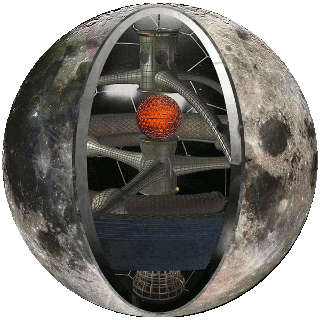
Pseudoastronomy 2: Hollow Moon and Flat Earth
Is the Moon an alien spacecraft?
Is Earth really a disc accelerating upwards at 9.8ms-2?
Are Daily Express astronomy headlines ever correct?
You might have thought that ignorance isn't a choice anyone would make, or that the tension between fundamentalist religion and scientific astronomy died during the Enlightenment. You'd be wrong!
Are We Alone?
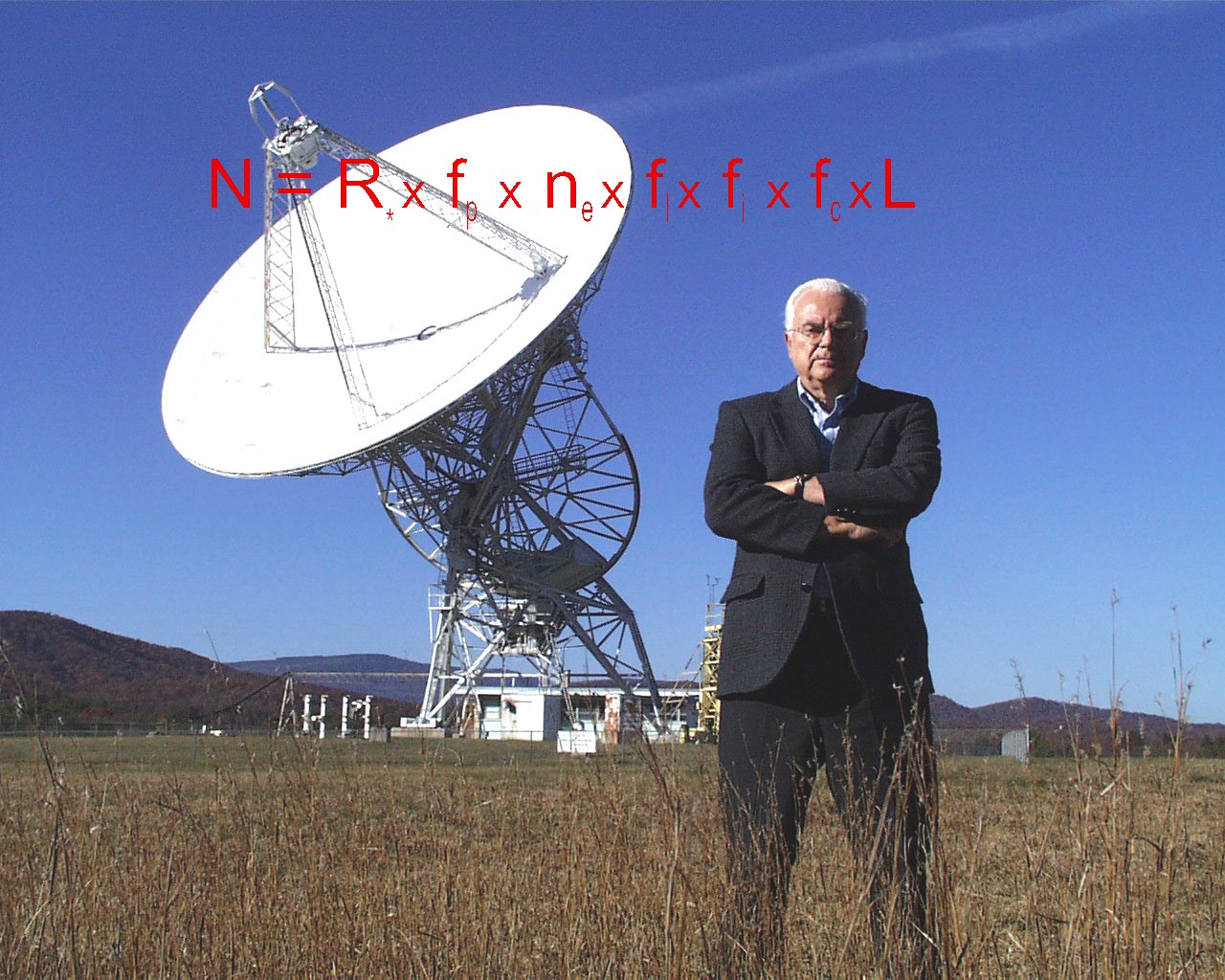
In 1961, Frank Drake introduced his eponymous equation. In the half-century since then, we have a much better idea of the likely values of some of the parameters. This talk examines the state of play with respect to SETI and potentially habitable exoplanets, and examines our current understanding of the likelihood of there being similar planets to Earth. It "reboots" the Drake Equation in the light of these developments.
The Star of Bethlehem
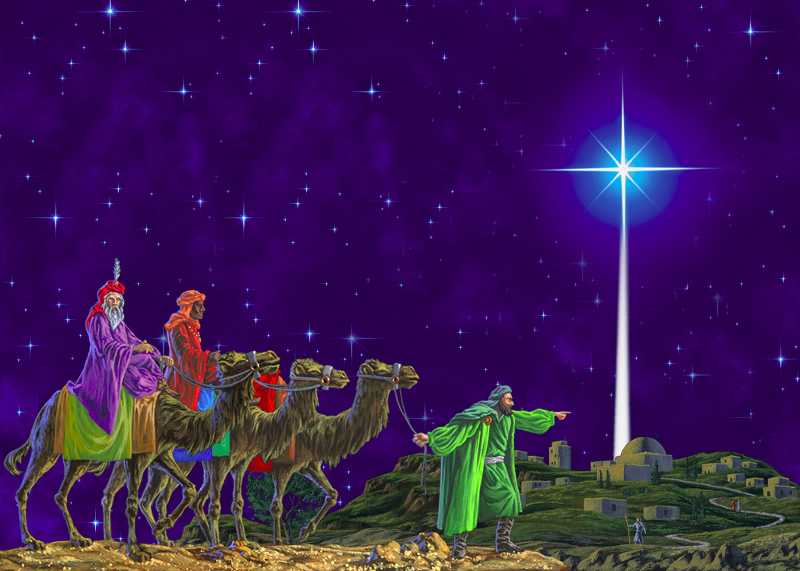
Theories abound for the Star of Bethlehem. In this occasionally provocative talk, we look at the actual evidence and its cultural context, discuss some recent astrological and astronomical interpretations, and arrive at some definitive conclusions about the story.
Ten Ways the Universe Tries to Kill You
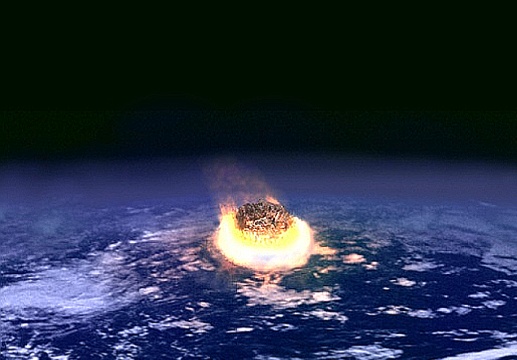
From gamma-ray bursts to asteroid impacts, an overview of cataclysmic events. This light-hearted but scientifically robust approach incorporates a lot of fundamental cosmological processes, from stellar evolution to galactic interaction. It can be adapted to any age-group or audience.
Journey Into Space
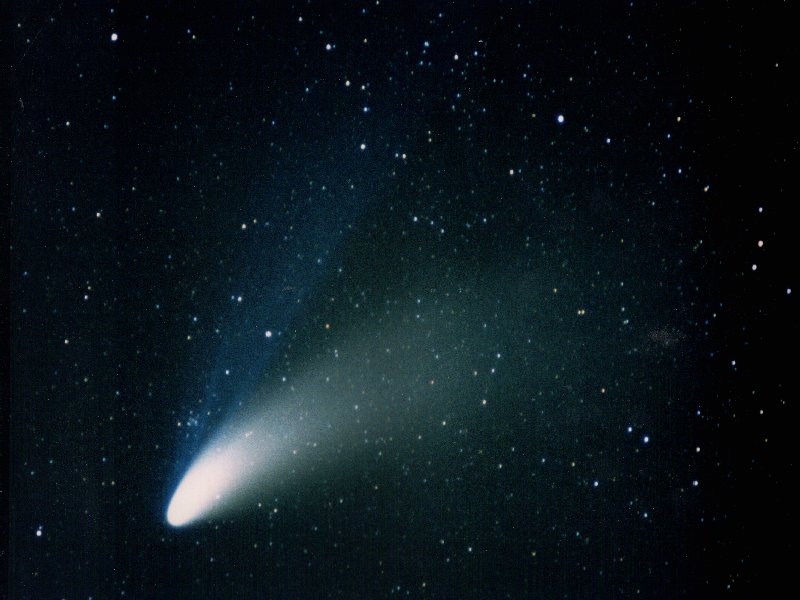
Space probes and telescopes have, in 3 decades, taught us more about our universe than was learned in the preceding 3 millennia. In addition, they have enhanced our understanding of our own planet as is illustrated in this journey from the Sun, through the Solar System, into Deep Space, encountering clusters, galaxies, and the birth and death of stars.
Time and Calendars

Why is the tenth month named for the Latin word to 8th? Why does the UK fiscal year begin on 6th April? What is the Twins Paradox? The measurement of time has always been a facet of Astronomy. The phases in the development of the Gregorian calendar most (but not all!) of us use today make a fascinating story which blends science, history, sociology, religion and psychology. From there we look at different ways of reckoning time, and examine the consequences of special relativity for time reckoning.
Although it indicates when I am not available, this calendar should not be taken as a definitive indicator of when I am available, especially if overnight stays may be involved, as I have work commitments that I need to honour.
Booking
To book a talk, please , giving your the following information:- Your name
- The group's name
- The talk you would like
- The date you would like it
- Whether Zoom or in person (if the latter, please give full address and postcode of the venue)
- A contact telephone number.
You can view the Astronomical Unit Data Privacy Statement here.

